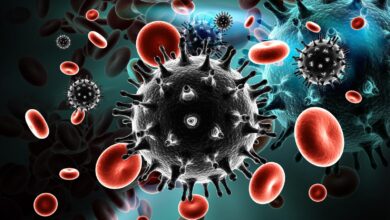
President John Dramani Mahama has signed the Fisheries and Aquaculture Bill, 2025, into law, marking a major milestone in Ghana’s efforts to build a sustainable, inclusive, and internationally compliant fisheries sector.
Now officially known as the Fisheries and Aquaculture Act, 2025 (Act 1146), the legislation was passed by Parliament in July 2025 and is aimed at overhauling the country’s regulatory approach to marine resource management.
According to government officials, the Act ushers in a “new era of sustainability, compliance, and improved livelihoods” in a sector that supports over 2.7 million artisanal fishers and generates more than $425 million in annual seafood exports.
Key Provisions of the Act
-
Independent Fisheries Commission: The Act establishes a new commission to oversee the development, regulation, and conservation of both fisheries and aquaculture resources.
-
Expansion of the Inshore Exclusive Zone (IEZ): Ghana’s IEZ has been extended from 6 to 12 nautical miles, protecting critical breeding grounds and ensuring better catch potential for artisanal fishers.
-
Alignment with Global Standards: The law closes regulatory gaps and brings Ghana into alignment with international best practices—addressing prior concerns that had put the country at risk of trade sanctions.
-
Tougher Penalties on Illegal Fishing: Stronger enforcement measures are introduced to combat illegal, unreported, and unregulated (IUU) fishing, helping to restore declining fish stocks and preserve marine biodiversity.
-
Improved Labour Protections: Enhanced safety, security, and welfare provisions are outlined for fishing crews and workers, raising labour standards across the industry.
A Strategic Shift for the Sector
The Ministry of Fisheries and Aquaculture Development has described the new law as a transformational shift that not only strengthens food security but also ensures that the economic gains from Ghana’s marine resources are more equitably distributed.
The government says the reforms will enable long-term viability of the fisheries sector, offering renewed hope to coastal communities that depend heavily on fishing for their livelihoods.



